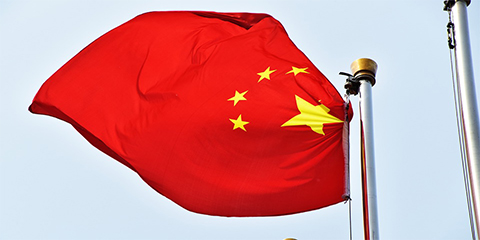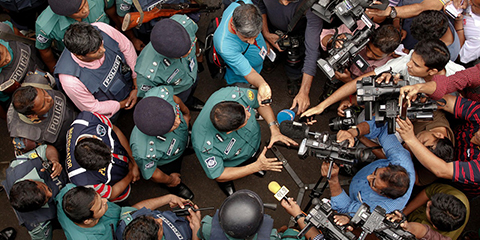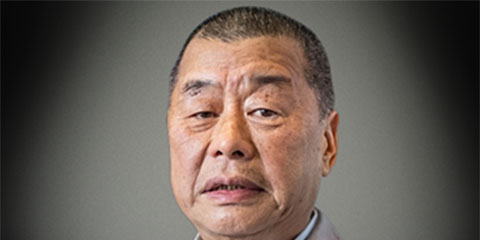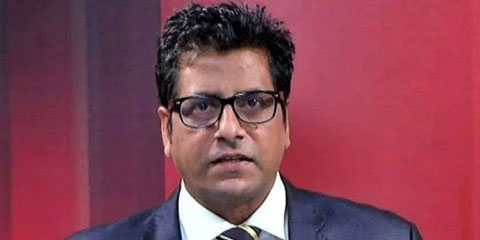China's new media regulations tighten grip on online content
JournalismPakistan.com | Published last year
Join our WhatsApp channel
BEIJING—China has unveiled a set of stringent regulations aimed at controlling online content, affecting media outlets and social media platforms across the nation. The new rules, announced by the Cyberspace Administration of China, mandate strict adherence to content guidelines, increased monitoring, and substantial penalties for non-compliance. This move is seen as part of the government's broader effort to maintain social stability and control information flow.
The regulations also emphasize the need for platforms to promote "positive energy" and discourage the spread of "false information," potentially impacting investigative journalism and independent news sources. Experts warn that these measures could further limit freedom of expression in China, as media organizations scramble to align with the new directives.
Under the new regulations, online platforms must verify the authenticity of user-generated content before publication and remove any material deemed harmful or inappropriate. Social media sites and news portals will be required to implement robust content management systems to ensure compliance. Additionally, the rules stipulate that platforms must provide user data to authorities upon request, raising concerns about user privacy and data security.
The government argues that these measures are necessary to combat the proliferation of misinformation and maintain public order. However, critics argue that the broad and vague definitions of "false information" and "positive energy" could be used to suppress dissent and critical viewpoints. The move has sparked debate among legal experts and human rights advocates, who fear that the increased censorship will stifle public discourse and restrict access to diverse perspectives.
This development follows a series of actions taken by the Chinese government to tighten control over the Internet, including the introduction of real-name registration for online accounts and the establishment of state-run news agencies as primary sources of information. As the regulations come into effect, media organizations and tech companies are expected to face significant challenges in navigating the new regulatory landscape while attempting to preserve journalistic integrity and operational viability.
International observers are closely watching the impact of these regulations on the global digital landscape, particularly in the context of China's growing influence in technology and media. The move is likely to have far-reaching implications, influencing how other countries approach online content regulation and digital governance.

























